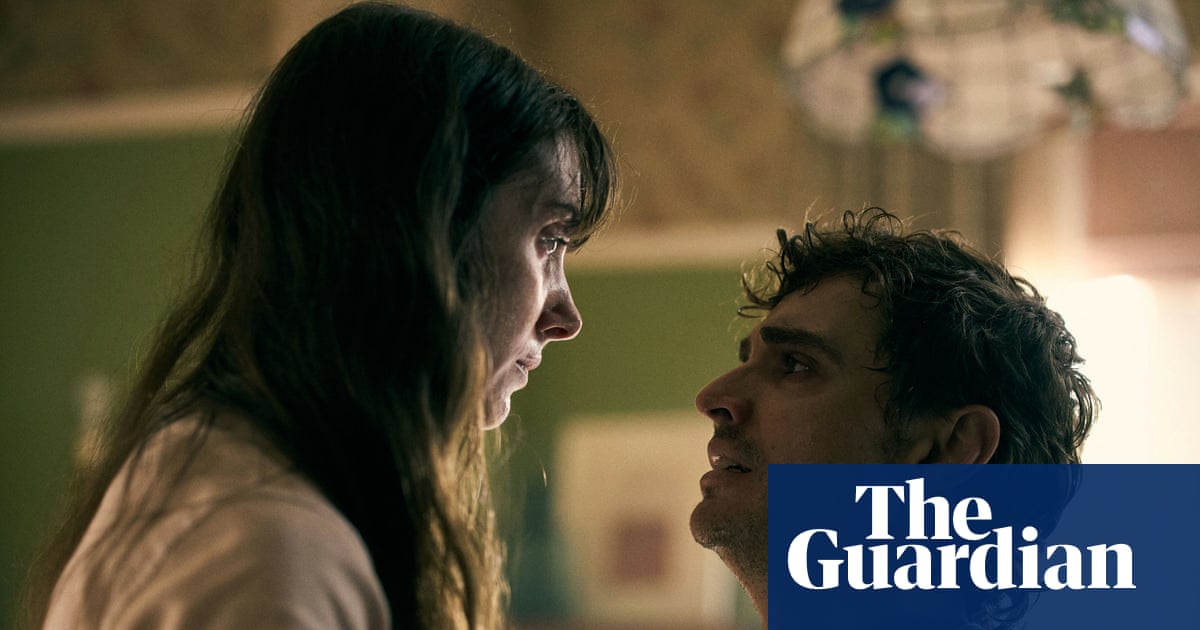
"The critically acclaimed film Together, starring Dave Franco and Alison Brie, was released in selected cinemas in China on 12 September. It follows the journey of a young couple who move to the countryside and encounter mysterious and grotesque changes to their bodies. In one scene, which features a wedding between two men, one of the men's faces was altered to look like a woman's."
"Films have to be approved by China's censorship authorities to be released on the mainland. For imported films, this often leads to scenes featuring themes that the government deems sensitive or racy being cut. But the use of technology to alter scenes rather than just cut them is relatively new. Some viewers complained that it made the censorship harder to spot."
"AI face-swapping is really unacceptable it completely changes the original creative vision, wrote one social media user. ADAM AND STEVE TO ADAM AND EVEHere's a use of AI I bet you never thought of! The horror film Together featured a gay couple in a peripheral role (see below) that got magicked into a straight couple in the Chinese edition. No spoilers, but this definitely makes the film make pic.twitter.com/bsxw5019uj Angelica (@AngelicaOung) September 17, 2025"
The Australian horror film Together, starring Dave Franco and Alison Brie, opened in selected mainland Chinese cinemas on 12 September. A wedding scene featuring two men was digitally altered for the Chinese edition, with one man's face changed to appear female. Viewers noticed the alteration after side-by-side screenshots circulated on social media, prompting outrage and criticism that AI face-swapping compromises creative vision. Films require approval from Chinese censorship authorities, and imported titles are often cut or modified. The use of digital alteration rather than cuts is a recent development that makes censorship harder to spot. Homosexuality is decriminalised but widely stigmatised, and visible LGBTQ+ representation remains rare.
Read at www.theguardian.com
Unable to calculate read time
Collection
[
|
...
]